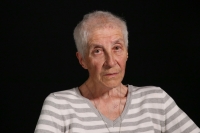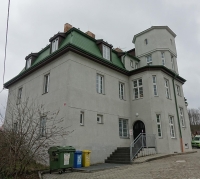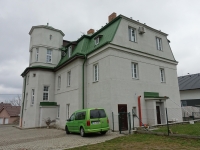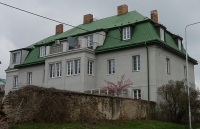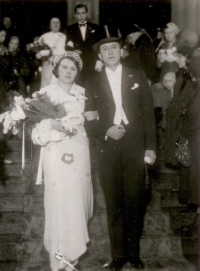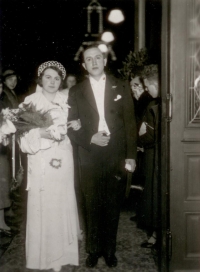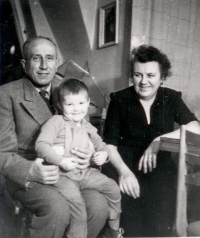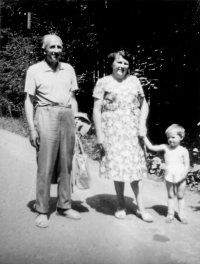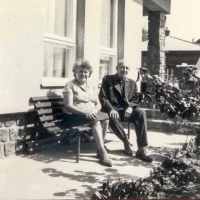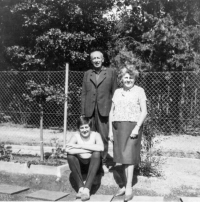My father was sentenced in a fabricated trial involving the Green International
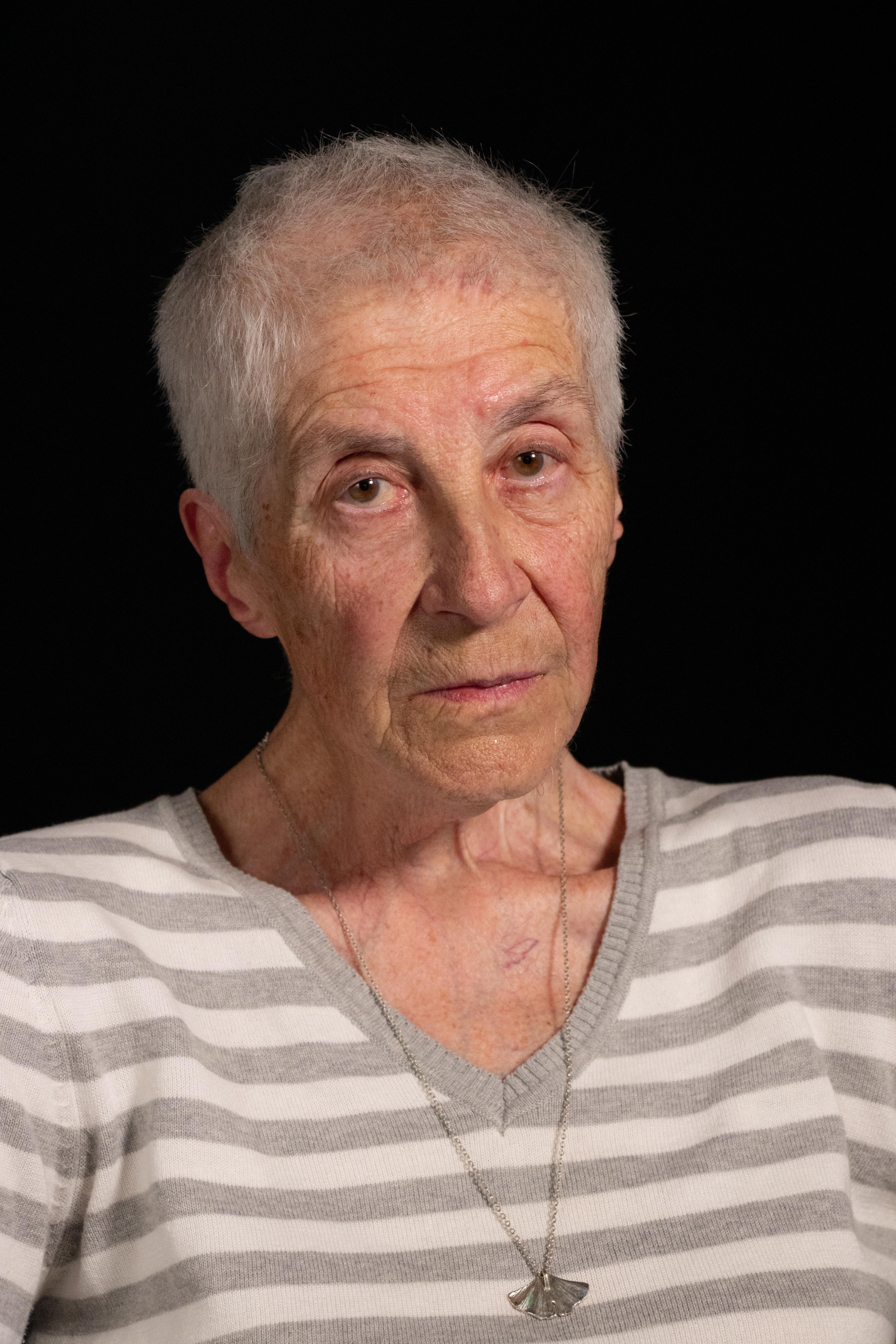
Download image
Jarmila Vodňanská was born on 3 June 1936 in Prague as the older of two siblings. She had a brother Jiří, six years younger. Her father František Koranda, born in 1905, worked as a lawyer. Her mother Jarmila, née Legerová, born in 1913, was a housewife. She spent her childhood in Prague during the war. In 1946, her father began working for the United Union of Czech Farmers, which was founded shortly after the war. The Union also published the Agricultural Newspaper, for which her father wrote articles. After the war, Jarmila Vodňanská became a member of the Jedenáctka scout troop in Dejvice. When Junák was banned after the communist coup in 1948, she was given a Pioneer scarf at school and became a member of Pionýr. In 1947, after a successful entrance exam, she entered the girls’ grammar school, which was closed down a year later as part of the school reform, and was then transferred to a single coeducational secondary school. From 1951 she attended an eleven-year secondary school. In 1952, her father was arrested and sentenced to seven years in prison for treason in a mock trial of members of an anti-state group, the so-called Green International. After his release, he was unable to find a job commensurate with his education. Eventually he got a job as a tram conductor, where he remained for the rest of his life. After graduating from high school in 1954, Jarmila Vodňanská joined Biogena as a laboratory technician. She worked in Dimitrij Slonim’s team to develop a vaccine against polio. Jarmila Vodňanská married in 1960 and had two daughters. Her father died in 1972. From 1977 she worked at the Faculty of Nuclear and Physical Engineering of the Czech Technical University in Prague. At the time of filming in 2021 she lived in Prague.
